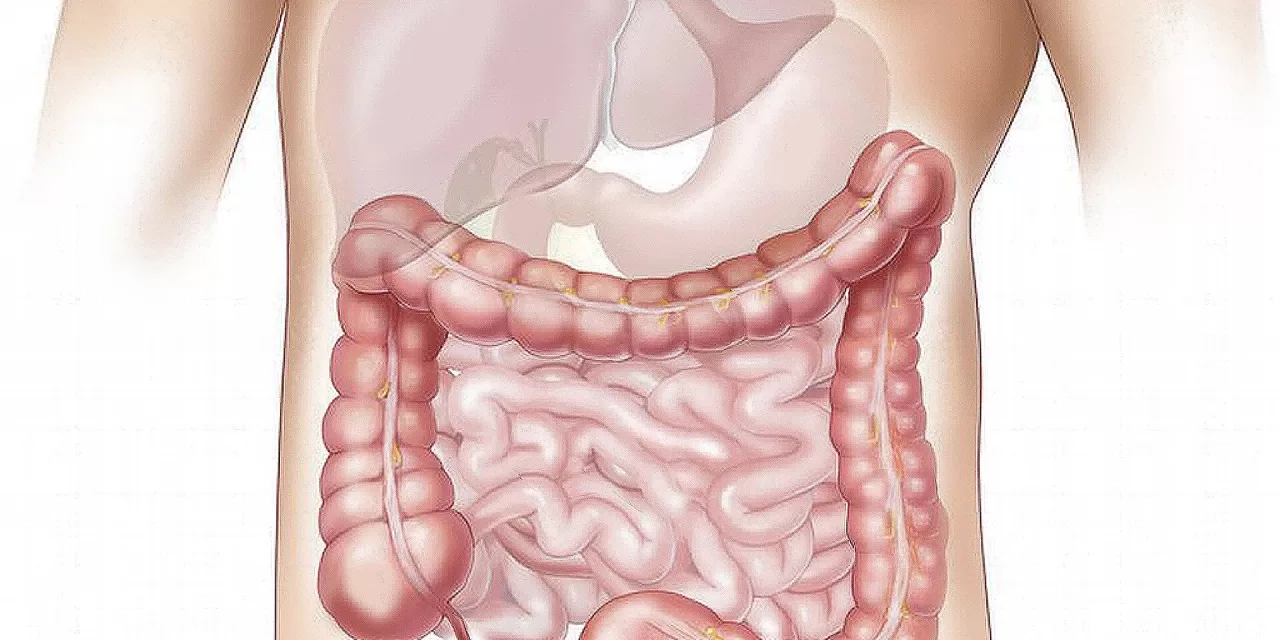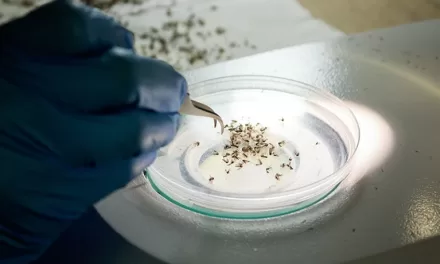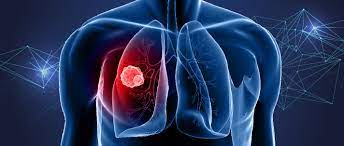Researchers have identified a gut bacterium that may play a crucial role in reducing sugar cravings, offering new hope for managing obesity and metabolic diseases like type 2 diabetes. The groundbreaking findings, published in Nature Microbiology, show that the presence of certain gut microbes can influence sugar preferences, offering potential pathways for new therapies.
Animals, including humans, are biologically inclined to crave sugars, but uncontrolled sugar consumption can lead to high blood glucose levels, increasing the risk of metabolic disorders. Previous studies have suggested that food cravings are influenced by signals from the gut, an organ central to shaping dietary preferences. However, the precise role of gut microbes in regulating sugar cravings has remained unclear—until now.
The research team, led by Xinmiao Liang, Yong Chen, and Shenglong Zhu, analyzed the blood samples of 18 mice with induced diabetes and 60 patients with type 2 diabetes, comparing them to healthy control groups. The study revealed a key finding: both diabetic mice and humans had reduced levels of FFAR4, a protein that helps stimulate the secretion of GLP-1, a hormone that regulates blood sugar and appetite.
Interestingly, the researchers discovered that lower FFAR4 levels were linked to a stronger preference for sugar in mice. This reduction in FFAR4 also led to a decrease in the presence of the gut microbe Bacteroides vulgatus, as well as its metabolite pantothenate. Further investigation revealed that pantothenate plays a vital role in stimulating GLP-1 secretion, which in turn triggers the release of FGF21, a liver hormone that directly impacts the hypothalamus, the brain region responsible for regulating hunger and feeding behavior.
In experimental mouse models, the researchers demonstrated that supplementing pantothenate or introducing B. vulgatus into the mice’s intestines significantly reduced their sugar-seeking behavior. This suggests that influencing the gut microbiota could be a promising strategy for reducing sugar cravings.
While these findings open up exciting new avenues for treating obesity and type 2 diabetes, the authors caution that further clinical studies are necessary to fully explore the potential of targeting the gut-liver-brain axis for managing metabolic diseases.
The study represents a significant step toward understanding how gut microbes influence food preferences, and it may lead to novel therapies that could help curb sugar cravings and improve metabolic health in the future.
For more information, see the full study in Nature Microbiology: Zhang et al, “Free fatty acid receptor 4 modulates dietary sugar preference via the gut microbiota,” DOI: 10.1038/s41564-024-01902-8.











